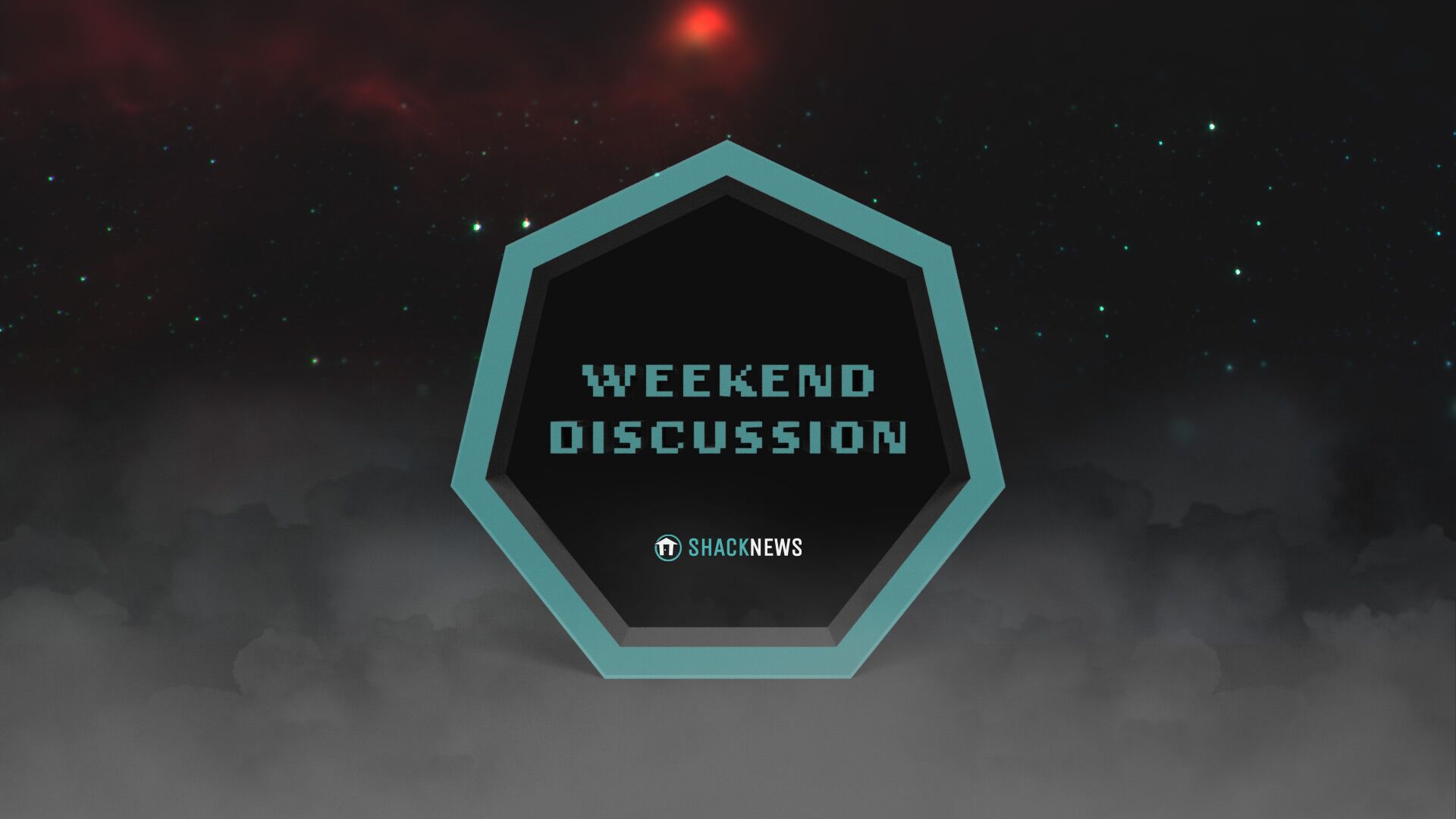**Electronic Arts $55 Billion Buyout: A Big Win for Shareholders, But What About Gamers?**
*By Justin Sullivan | Getty Images News | Getty Images*
Video game giant Electronic Arts (EA) is set to transition into a private company following a $55 billion acquisition deal. Analysts are optimistic about the move, with one describing it as “a big win” for shareholders.
On Monday, EA announced it will be acquired in an all-cash deal by the Public Investment Fund of Saudi Arabia, Silver Lake, and Affinity Partners. Shareholders will receive $210 per share—a 17% premium over EA’s all-time high from August.
While the deal includes a 45-day window for other proposals, Morningstar Senior Equity Analyst Matthew Dolgin wrote in a Tuesday note that the acquisition is “all but certain to close” without regulatory issues. This confidence is largely due to the favorable relationship between the Saudi government and the current U.S. administration, and the attractive premium offered to shareholders.
—
### Wall Street Celebrates, But Gamers Remain Skeptical
Although Wall Street appears upbeat about the deal, the gaming community may not share the same enthusiasm. For years, EA has faced criticism for a perceived lack of innovation and aggressive monetization tactics.
#### EA’s Gaming Reputation: A Checkered Past
EA boasts some of the biggest franchises in gaming, including EA Sports FC (formerly FIFA), The Sims, and Battlefield. Financially, the company has been strong—posting operational profits every year since 2015. However, gamers have frequently criticized its business practices.
– In 2012 and 2013, EA was voted “Worst Company in America” by Consumerist.com (now defunct).
– In 2018, USA Today ranked EA as the fifth most hated company in the U.S.
The backlash largely centers on EA’s reliance on live-service game models, microtransactions, and controversial features like loot boxes.
—
### Gaming Glossary
– **Live Service Games**: Games that are continuously released and updated, sometimes with paid or free limited-time content.
– **Microtransactions**: In-game purchases made with real money for items that can be cosmetic or gameplay-advancing.
– **Loot Boxes**: Virtual containers with random items that players unlock, often through in-game currency or real money.
—
EA has also been criticized for prioritizing sequels over original intellectual property. In a 2024 internal note reported by IGN, CEO Andrew Wilson stated that EA would “double down on owned IP, sports, and massive online communities.”
Online magazine *Inverse* highlighted common complaints about EA’s lack of innovation, pointing to overpriced Sims 4 content packs, repetitive sports titles, and underwhelming sequels.
The company’s approach to content unlocking has also stirred controversy. Notably, its most downvoted Reddit comment was a defense of the long time needed to unlock characters in the 2017 *Star Wars Battlefront II*, even after purchasing the deluxe edition. The game’s loot box mechanics—though not exclusive to EA—drew significant backlash, prompting European regulators to investigate whether loot boxes constituted gambling.
In November 2017, U.S. Senator Chris Lee labeled EA’s practices as “predatory,” saying:
*”This game is a Star Wars-themed online casino designed to lure kids into spending money. It’s a trap.”*
—
### What’s Next? A Creative Reset or More of the Same?
With EA moving away from public markets, gamers hope the company will take more creative risks. Analysts, however, remain divided.
Michael Pachter, managing director at Wedbush Securities, said:
*”Of course, the company will be in a position to explore more creative games, but that isn’t something they are particularly good at—especially if current management remains in place.”*
Pachter predicts EA will focus on expanding its live-service model and mobile gaming under the Public Investment Fund (PIF). He noted that the PIF owns Savvy Games Group, which itself owns Scopely and Niantic — “two of the best mobile game publishers in the business.”
Michael Futter, founder of video game consultancy F-Squared, shares a cautious outlook. He highlighted that EA will take on $20 billion in debt from the deal, which will pressure the company to lean heavily on reliable revenue sources such as microtransactions, battle passes, and rotating in-game inventories that encourage quick purchases.
—
### Gaming Glossary Continued
– **Battle Pass**: A tiered reward system where players earn virtual items by completing gameplay objectives, often available for a limited time and sometimes purchasable with real money.
– **Rotating Inventory**: Limited-time in-game sales, such as items or battle passes, that encourage players to buy before they disappear.
—
Futter believes EA will consolidate its efforts around its safest franchises — including The Sims, Battlefield, and sports titles — rather than investing in new IPs. He warned:
*”The debt hanging over their head isn’t likely to create a shift in strategy. Instead, leadership will probably double down on titles with the largest revenue potential, even if those carry the highest risks.”*
He added, *”I don’t know how EA is going to service this debt without significant layoffs, studio closures, and possibly IP sell-offs.”*
—
### A More Optimistic Take
Not all analysts share a pessimistic view. Nick McKay of Freedom Capital Markets believes the buyout could improve EA’s long-term game quality.
*”It provides EA with the opportunity to step back from the public spotlight and invest in games they’re passionate about,”* McKay said.
Without the pressure of quarterly earnings reports, EA could explore new projects without fear of shareholder backlash if a game underperforms. McKay explained:
*”You don’t have to worry about a significant drop in your valuation because one of your new titles hasn’t worked. So actually, I think it could be a good thing for the long-term quality of the release slate.”*
David Cole, CEO of DFC Intelligence, added that in the short term, EA may consider selling some intellectual properties to manage its debt load. He pointed to the *Command and Conquer* series as an example—a franchise with historical value but limited commercial appeal in recent years. The last mainline *Command and Conquer* game was released in 2012, with only a mobile title following in 2018.
In the longer term, Cole believes EA will have greater freedom to experiment and take risks.
—
### Conclusion
As EA transitions into a private company under the guidance of the Public Investment Fund of Saudi Arabia and its partners, the gaming industry faces questions about what lies ahead. Will EA leverage its new-found freedom to innovate and focus on quality, or will it continue prioritizing tried-and-true franchises and monetization strategies to manage its substantial debt?
Only time will tell if this $55 billion deal marks the beginning of a creative renaissance or more of the status quo in one of the gaming world’s most influential companies.
https://www.cnbc.com/2025/10/03/eas-55-billion-deal-delivers-a-win-for-investors-but-raises-uncertainty-for-gamers.html


